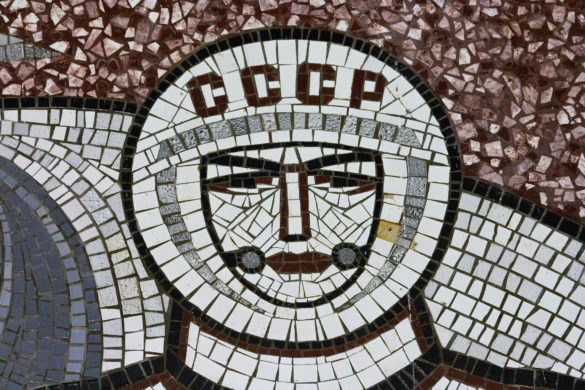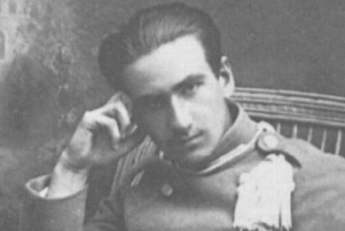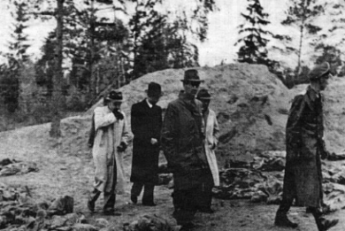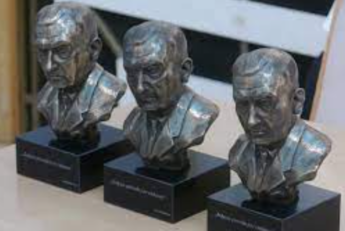
Mackiewicz and relations with Russia
Pre-revolutionary Russia was more human than Soviet Russia – this is how Józef Mackiewicz spoke about the country where he spent his childhood. His relations with Russia are not the easiest ones and he described the struggle for liberality as the beginning of the end of Russia’s human face.
The novelist spent his childhood in tsarist Russia. The writer defines the pre-revolutionary years better than everything that happened after the revolution. Tsarist Russia was relatively tolerant of other nationalities, cultivated Christian morality, respected the independence of the judiciary and respected private property. According to Mackiewicz, Russia then did not differ much from other monarchies of Western Europe known at that time.
According to Mackiewicz, Russia inside the country was divided not by nationality, but by social strata. Thus, there was not so much national inequality as there was state inequality.
For Mackiewicz, Bolshevism did not mean positive changes that took place in Russia. He believed that the positively perceived by everyone the word “revolution” in the case of Russia would have to get rid of the good undertone. Words are of great importance and sometimes their wrong application in certain situations can lead to misinterpretation of the phenomenon. The revolution in Europe had positive roots. However, in the case of Russia, it was quite the opposite. The use of this concept allowed the Bolsheviks to associate the coup with such concepts as freedom, democracy and equality.
Has there been a democracy in Russia? According to the positive attitude of the rest of Europe to what the term “revolution” means, yes, it would indeed have to be. However, according to the writer, the Bolshevik coup was not a fight for justice and social equality. It was not a fight for the good of all nations. It was a revolution that deprived Russia of freedom and a liberal idea of the state, to which Russia was unable to return in the following years.
Mackiewicz tried to answer the question that he posed to others in order to confirm his thesis. And the question could be formulated like this: where was there more room for truth and freedom of society – in tsarist or Soviet Russia?
Translated by Joanna Zawalska







